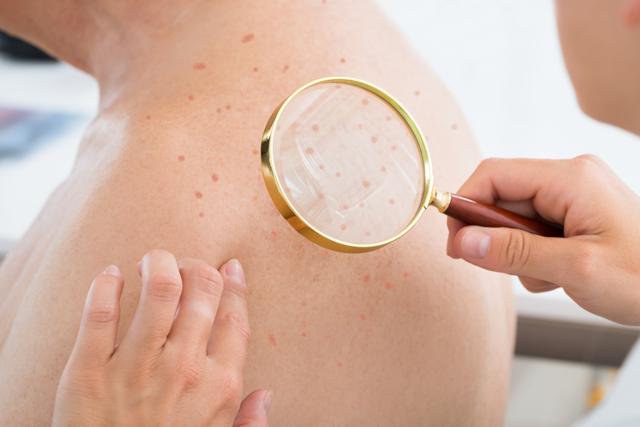wellness360bydrgarg
No Result
View All Result
🦵 Leg Cramps: Causes, Prevention, and Natural Remedies
Establishment and validation of an artificial intelligence-based system for identifying the culprit vessel in patients with ST-segment elevated myocardial infarction: the ALERT study
Divorce Experts Share Tips to Save Your Relationship
🌸 Effective Treatment Strategies for PCOD & PCOS
Prolactin Test #drsupriyapuranik #motherscare #fertilitytest #gynecologist #pune #prolactintest
- Trending
- Comments
- Latest
Categories
- AI in Healthcare
- Blog
- Blood Tests
- Editorials
- Expert Insights
- Family Health
- Fitness and Workout
- Health and Wellness
- Health Business
- Health Conditions
- Health News
- Health Podcasts
- Health Research
- Health Technology
- health-Videos
- Immunity & Infections
- Kids Health
- Lifestyle
- Longevity Aging
- Men’s Health
- Mental Health
- Natural Remedies
- Nutrition & Diet
- Product Reviews
- Skin & Beauty
- Sleep & Energy
- Sports
- Travel
- Weight Loss
- Wellness
- Women Health
- World
Newsletter
wellness360bydrgarg
No Result
View All Result
🦵 Leg Cramps: Causes, Prevention, and Natural Remedies
Establishment and validation of an artificial intelligence-based system for identifying the culprit vessel in patients with ST-segment elevated myocardial infarction: the ALERT study
Divorce Experts Share Tips to Save Your Relationship
🌸 Effective Treatment Strategies for PCOD & PCOS
Prolactin Test #drsupriyapuranik #motherscare #fertilitytest #gynecologist #pune #prolactintest
- Trending
- Comments
- Latest
Categories
- AI in Healthcare
- Blog
- Blood Tests
- Editorials
- Expert Insights
- Family Health
- Fitness and Workout
- Health and Wellness
- Health Business
- Health Conditions
- Health News
- Health Podcasts
- Health Research
- Health Technology
- health-Videos
- Immunity & Infections
- Kids Health
- Lifestyle
- Longevity Aging
- Men’s Health
- Mental Health
- Natural Remedies
- Nutrition & Diet
- Product Reviews
- Skin & Beauty
- Sleep & Energy
- Sports
- Travel
- Weight Loss
- Wellness
- Women Health
- World























